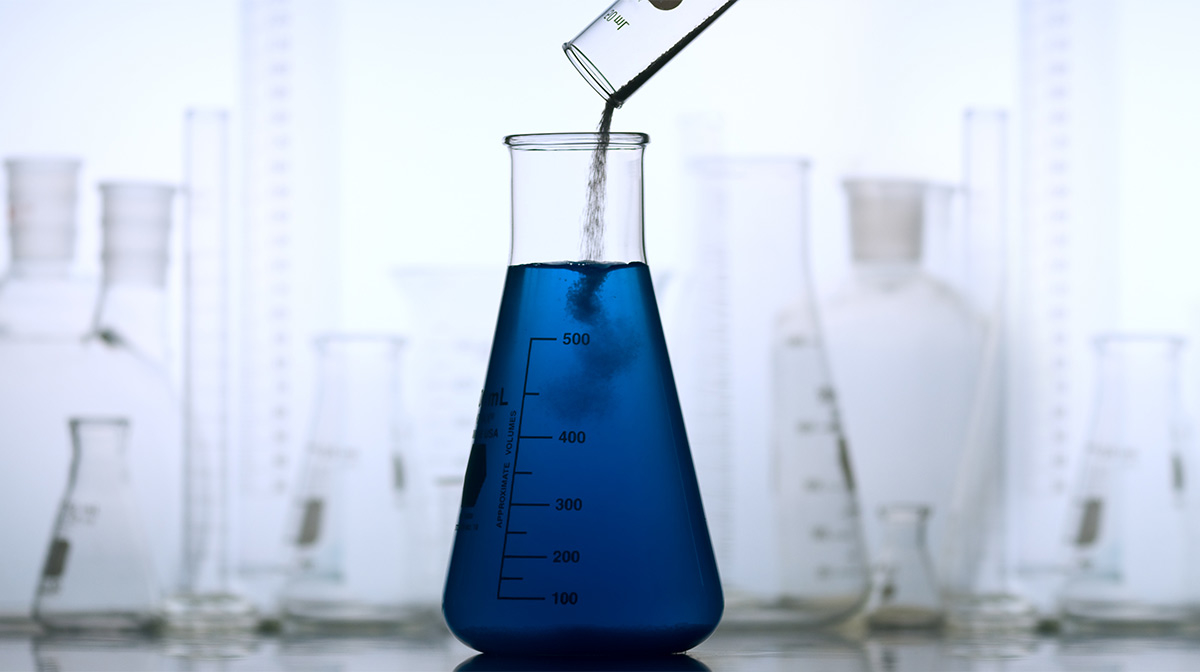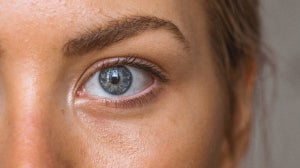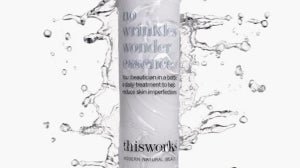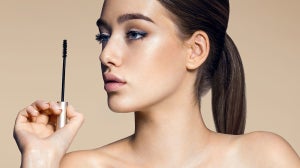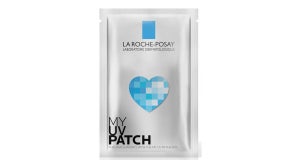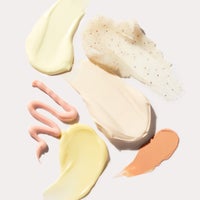
Skin naturally sheds billions of skin cells every day; it's said that 90% of household dust is made up of dead skin cells. As we age, this natural shedding process slows down or stops due to factors such as sun damage, dry skin, oily skin, genetics, or skin disorders. The results of this are dull, dry or flaky skin, clogged pores, blemishes, and uneven skin tone.
Exfoliation is key in helping skin balance itself. Getting rid of dead skin cell build-up can reduce the effects of the slowdown. It helps your skin look younger, promote blood flow and circulation, promote collagen production, and improve overall skin health. But when it comes to exfoliation, there are so many methods:
Mechanical Exfoliation
This is via skin friendly beads or crushed seedsElectrical Exfoliation
With devicesI'm decoding acid exfoliators to shed some light on the differences between them, how they work and why they might be beneficial for you.
Acid exfoliators can be broken down into two sub types; AHAs (Alpha hydroxy acids) and BHAs (Beta hydroxy acids). They both make excellent alternatives to grains and scrubs but which one is right for you?
Alpha Hydroxy Acid
Otherwise known as AHA, this acid usually comes in the form of glycolic and lactic acid which you'll find in most resurfacing or exfoliating products. Naturally derived from milk and fruit extracts they're ideal for drier, more mature skin. AHAs act as a humectant, which means they draw in moisture, and help to hydrate the skin. They also act as an exfoliant by breaking down the glue-like layer that holds dead skin cells to the skin, helping them to be removed.
AHAs are more attracted to water within the skin so they tend to work on the upper layers of the dermis (where the moisture content is higher) rather than getting deep into pores; this makes them perfect for improving the skin in the fight against fine lines, wrinkles and pigmentation.
- Glycolic (derived from sugar cane) acid is one of the most commonly used acids for exfoliation. Due to its relatively smaller molecules it is one of the most aggressive working acids on the skin. High strength Glycolic can temporarily thin the skin, reducing the natural protection to the effects of the sun, thereby increasing the need for use of effective sun protection. Conversely, however it can increase skins thickness over time.
- Lactic (derived from milk) acid is better for dry and sensitive skin due to its larger (less able to penetrate) molecules. It is much more moisturizing and less irritating than glycolic and it doesn’t decrease the skins thickness.
Beta Hydroxy Acid
Otherwise known as BHAs, this acid usually comes in the form of salicylic acid and is most commonly found in exfoliating products relating to acne and blemished skin. They tend to work deeper in the pores of the skin than AHAs as they are attracted to oil. This acid is great at unclogging blocked pores and is most suited to oily or acne prone skin. As they have no humectant properties, they can tend to be slightly drying (a great property for oily skin).
Another benefit of BHA’s is that it has anti-inflammatory and antibacterial properties so whilst it works deep in the pores, it also helps to cleanse the pore lining and assist limiting breakouts on the skin.
Salicylic acid is commonly used in shampoos for dandruff, lip balms for chapped lips and skin products for acne and blackheads. It's a common ingredient to dissolve away dead skin cells but also calm breakouts and sooth stressed skin.
Which is right for me?
- If you have been a long-term acne sufferer, or struggle to keep spots at bay, look at using a facial cleansing regime packed with BHA's. Salicylic Acid can be your best friend here to calm the skin and fight bacteria. If your skin constantly feels clogged and dull, you'll also benefit from seeking out BHA rich products.
- If you have noticeable pigmentation, age spots, fine lines and wrinkles, then AHA's are a skin savior. They work to encourage cell renewal as well as aid skin hydration, revealing fresher, newer skin which keeps it moisture.
Shop the range of specialist skincare at SkinStore to browse a range suitable for you.
| Love Skincare? discover our edit of our comparison of skinceuticals ce ferulic vs phloretin cf. |

Related Articles

